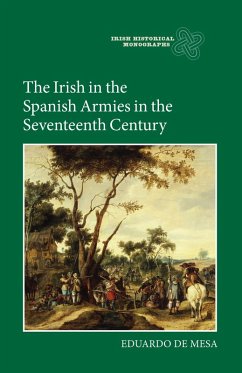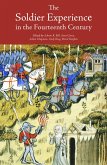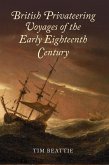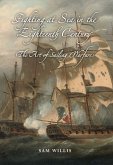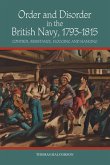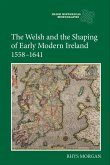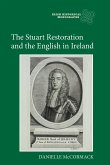Provides a wealth of detail on how "the wild geese" - the Irish who refused to submit to the English - played a significant role in the armies of Spain.
It is well-known that many Irishmen who refused to submit to the English in the reigns of Elizabeth and the early Stuart kings, including the famous earls of Tyrone and Tyrconnell, went to fight for the king of Spain, but what they did when they joined the Spanish armies is much less well-known. This book provides a wealth of detail on the activities of the Irish in the Spanish armies in the late sixteenth and seventeenth centuries. It outlines who the Irish soldiers were, how they were recruited and the terms under which they served. It discusses their military roles both in the wars in Flanders between the Spanish and their former Dutch subjects, and, later, in the Hispanic peninsula, showing how the Irish were often employed as elite troops who made significant contributions to major military actions, such as the siege of Breda in 1624. It examines military tactics, explores the politics of the Spanish armies, showing how the Irish fitted in, and discusses how, when the rebellion of 1641 broke out in Ireland, many Irish soldiers returned to Ireland to resume the fight against the English.
Eduardo de Mesa completed hisdoctorate at University College Dublin. He is the author of La pacificación de Flandes. Spínola y las campañas de Frisia (1604-1609) (2009), and Discurso Militar del Marqués de Aytona (2008), co-author of La Monarquía de Felipe III (2008), and author of numerous articles, chapters in edited collections, and encyclopedia entries.
It is well-known that many Irishmen who refused to submit to the English in the reigns of Elizabeth and the early Stuart kings, including the famous earls of Tyrone and Tyrconnell, went to fight for the king of Spain, but what they did when they joined the Spanish armies is much less well-known. This book provides a wealth of detail on the activities of the Irish in the Spanish armies in the late sixteenth and seventeenth centuries. It outlines who the Irish soldiers were, how they were recruited and the terms under which they served. It discusses their military roles both in the wars in Flanders between the Spanish and their former Dutch subjects, and, later, in the Hispanic peninsula, showing how the Irish were often employed as elite troops who made significant contributions to major military actions, such as the siege of Breda in 1624. It examines military tactics, explores the politics of the Spanish armies, showing how the Irish fitted in, and discusses how, when the rebellion of 1641 broke out in Ireland, many Irish soldiers returned to Ireland to resume the fight against the English.
Eduardo de Mesa completed hisdoctorate at University College Dublin. He is the author of La pacificación de Flandes. Spínola y las campañas de Frisia (1604-1609) (2009), and Discurso Militar del Marqués de Aytona (2008), co-author of La Monarquía de Felipe III (2008), and author of numerous articles, chapters in edited collections, and encyclopedia entries.
Dieser Download kann aus rechtlichen Gründen nur mit Rechnungsadresse in A, D ausgeliefert werden.

